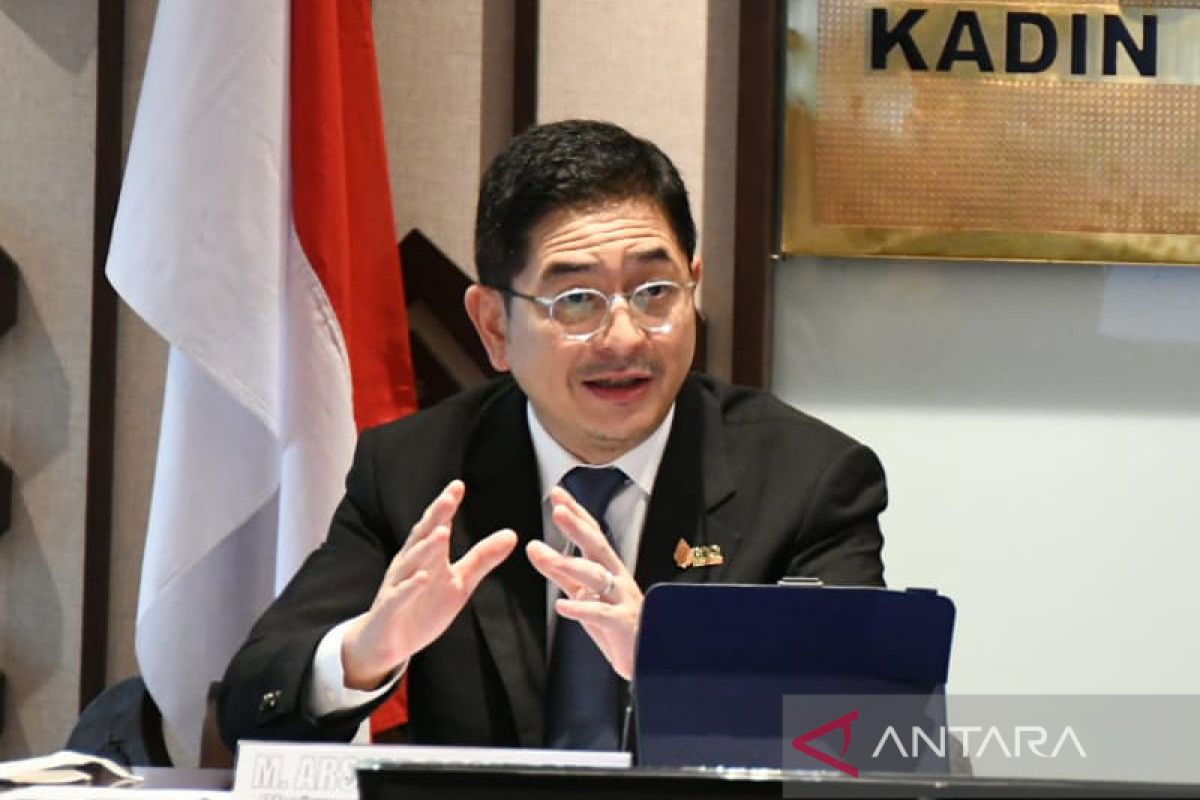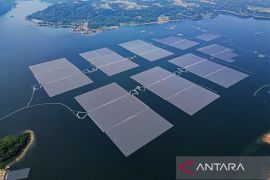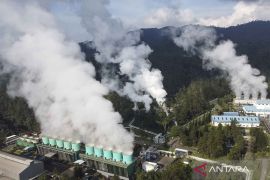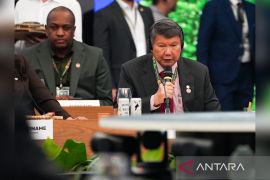Thus, it can create an attractive energy transition market for the investors.Jakarta (ANTARA) - The 2022 G20 Business 20 (B20) forum encourages public and private collaboration to implement energy transition programs to reduce emissions and prevent the Earth’s temperature from rising higher than 1.5 degrees Celsius.
B20 is an outreach group of the G20 that represents the international business community as one of the important actors in encouraging inclusive, resilient, and sustainable global economic growth. Currently, Indonesia is the chair of the 2022 G20 B20.
Chairperson of the Indonesian Chamber of Commerce and Industry (Kadin) Arsjad Rasjid stated that implementing energy transition programs is a huge challenge since it requires large funding. For instance, Indonesia needs an investment of around US$25 billion (Rp370.1 trillion) per year to implement the programs.
Related news: Regulation on energy buffer reserves examines transition aspect
"Although challenging, energy transition also opens up many opportunities and explores many potentials. Public and private player collaboration is the key to (optimally) facilitate the (development of the) global economy," he remarked at a national seminar titled "Energy, Sustainability, and Climate Task Force" on Friday.
Rasjid noted that Indonesia had committed to supporting global climate change mitigation initiatives, such as by realizing the use of new and renewable energy by 23 percent by 2025 as well as achieving net-zero emissions by 2060 or sooner.
Indonesia has various enormous potential of renewable energy sources, including solar, hydropower, geothermal, and wind energy, which can be developed throughout the country.
"Hence, through the 2022 B20, Indonesia is ready to facilitate various collaborations and partnerships to realize its green energy transition,” the Kadin chairperson stated.
Related news: Gov't committed to tackling climate change through green economy
Indonesia also expects to cooperate with various global players, who are ready to implement the green transition program, including investors and project developers, he stated.
In addition, he noted that the provision of incentives by the government is required to promote clean energy transition, such as research and development incentives, fiscal and tax support, as well as tariff incentives.
Rasjid believes that the incentive is necessary to lower the tariff of renewable energy utilization to make it cheaper, thereby making it cost-competitive with fossil energy in terms of the tariff.
“Thus, it can create an attractive energy transition market for the investors," he added.
Related news: Indonesia to focus on fair energy access in archipelagic countries
Related news: Indonesia will not export new, renewable energy: minister
Translator: Sugiharto Purnama, Uyu Liman
Editor: Fardah Assegaf
Copyright © ANTARA 2022












